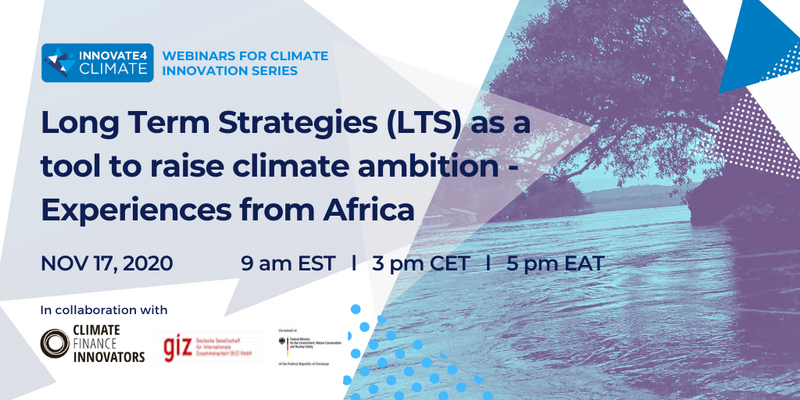Long Term Strategies (LTS) as a tool to raise climate ambition - Experiences from Africa







The goal of the Paris Agreement is to keep the global temperature increase to well below 2°C and pursue efforts to limit the increase to 1.5°C. All Parties to the Agreement have been invited to communicate, by 2020, their long-term low greenhouse gas emission development strategies considering the common but differentiated responsibilities and respective capabilities, in the light of different national circumstances. Crafting robust long-term strategies (LTS) is important for understanding and prioritizing which short and medium investments and measures that can contribute to their Nationally determined Contributions while enabling countries to reach their long-term goals. Importantly, LTS also introduce a long-term perspective to policy planning that allows to consider whether certain activities may create long term lock-in effects into fossil fuel infrastructure even if they promise short term emission reductions compared to the status quo. This has implications on how to allocate resources, including international climate finance, capacity building and technology transfer.
Different countries in Africa are in the process of developing their long-term strategies. To demonstrate the benefits of long-term planning and showcase the lessons learned from countries, the GIZ Global Carbon Markets (GCM) Programme in Uganda and Tunisia with support from the Germany Federal Ministry of Environment, Nature Conservation and Nuclear Safety in partnership with the Climate Finance Innovators (CFI) Project and the World Bank will conduct a webinar during the Innovate4Climate online sessions.
